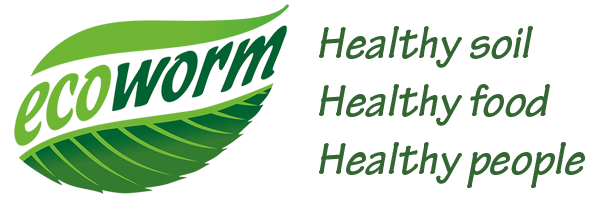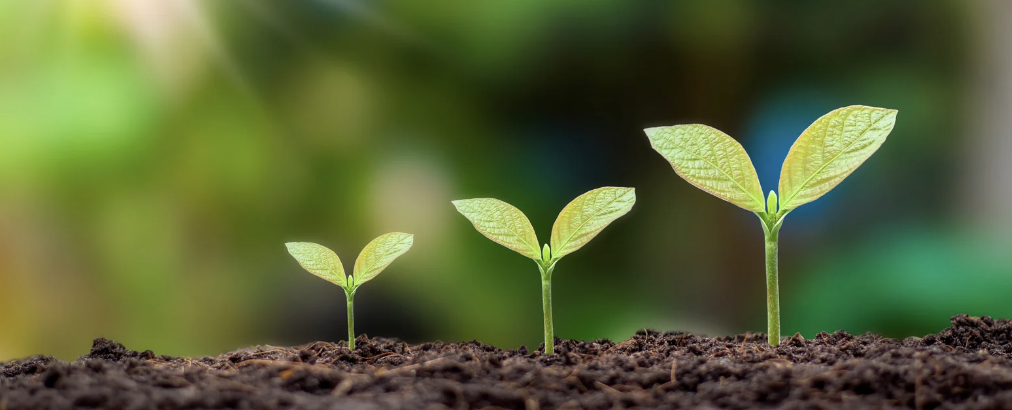As a gardener, understanding the nutritional needs of plants is crucial to achieving healthy growth and abundant yields. Plants require a range of essential elements to thrive, and knowing what these are and how to provide them can make all the difference in the success of your garden. In this blog, we’ll take a closer look at the 17 essential elements that plants need and focus on the three most important ones: nitrogen, phosphorus, and potassium.
The 17 essential elements that plants need can be divided into two categories: macronutrients and micronutrients. Macronutrients are elements that plants need in large quantities, while micronutrients are required in much smaller amounts. Carbon, hydrogen, and oxygen are the most abundant elements and are taken up by plants from the air and water. The other 14 elements are taken up from the soil and include nitrogen, phosphorus, potassium, sulfur, magnesium, iron, manganese, zinc, copper, molybdenum, boron, chlorine, nickel, and cobalt.
Of these essential elements, nitrogen, phosphorus, and potassium are the three that plants require in the largest amounts. Nitrogen is necessary for the production of chlorophyll, which is vital for photosynthesis, and for the growth of stems and leaves. Phosphorus is needed for energy transfer and is essential for the development of healthy roots and flowers. Potassium is required for the regulation of water and nutrient uptake, as well as for the development of strong stems and roots.
Providing plants with these essential elements can be achieved through the use of fertilizers. Fertilizers are products that contain one or more of the essential elements required by plants. Nitrogen is found in fertilizers like urea, ammonium sulfate, and ammonium nitrate. Phosphorus is found in fertilizers like superphosphate, triple superphosphate, and diammonium phosphate. Potassium is found in fertilizers like potassium chloride and potassium sulfate.
It’s important to note that while fertilizers can be a valuable tool for providing plants with essential nutrients, they should be used in moderation and with care. Overuse of fertilizers can lead to imbalances in the soil and can cause harm to both plants and the environment.
In addition to fertilizers, other factors can also impact the availability of essential nutrients to plants. Soil pH, for example, can affect the ability of plants to take up certain elements. Soil amendments like lime can be used to adjust soil pH and improve nutrient availability. The presence of organic matter in the soil can also impact nutrient availability and can help to improve soil structure and water-holding capacity.
In conclusion, understanding the nutritional needs of plants is crucial to achieving healthy growth and abundant yields. Nitrogen, phosphorus, and potassium are the three most important essential elements required by plants, and providing them in the right amounts can be achieved through the use of fertilizers and other soil amendments. By taking the time to understand the needs of your plants and providing them with the right nutrients, you can enjoy a healthy and thriving garden.


Comments are closed